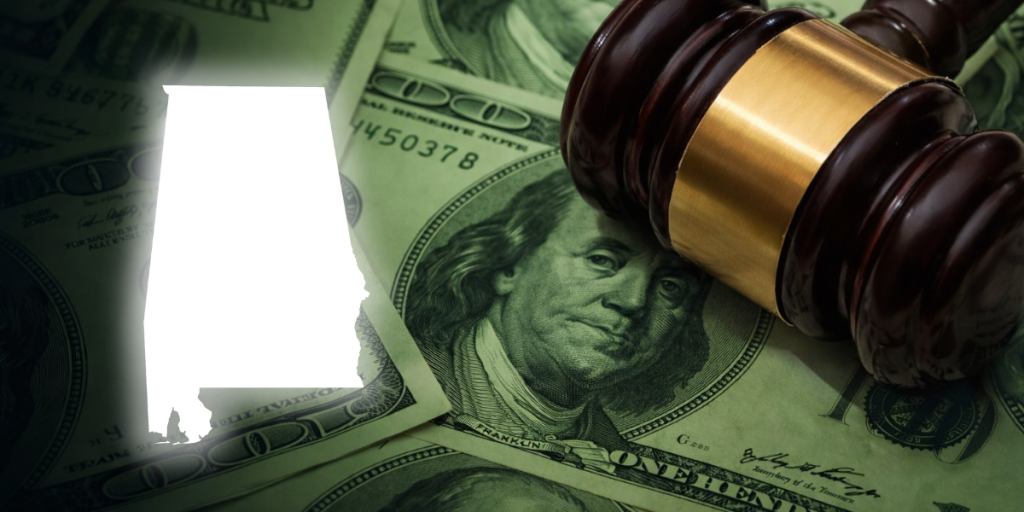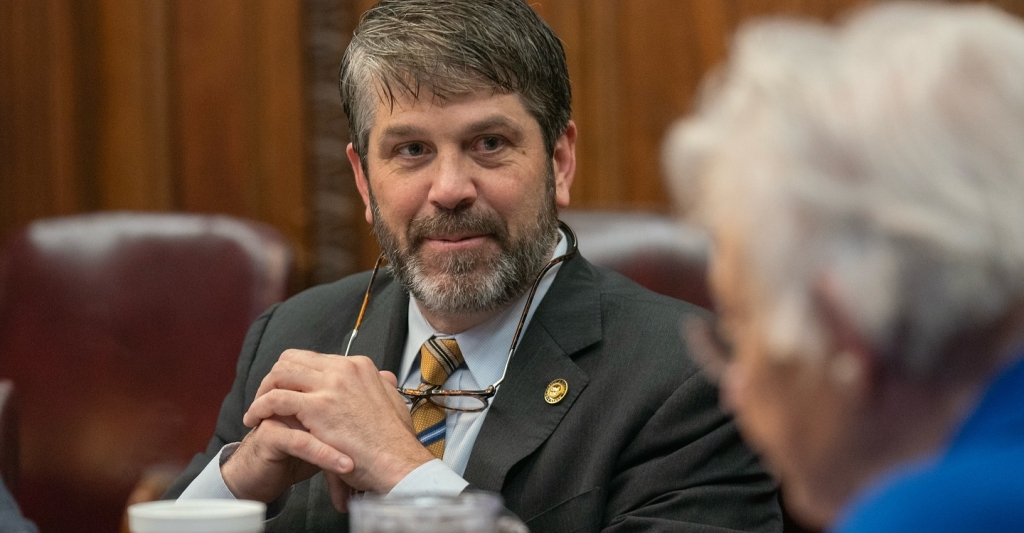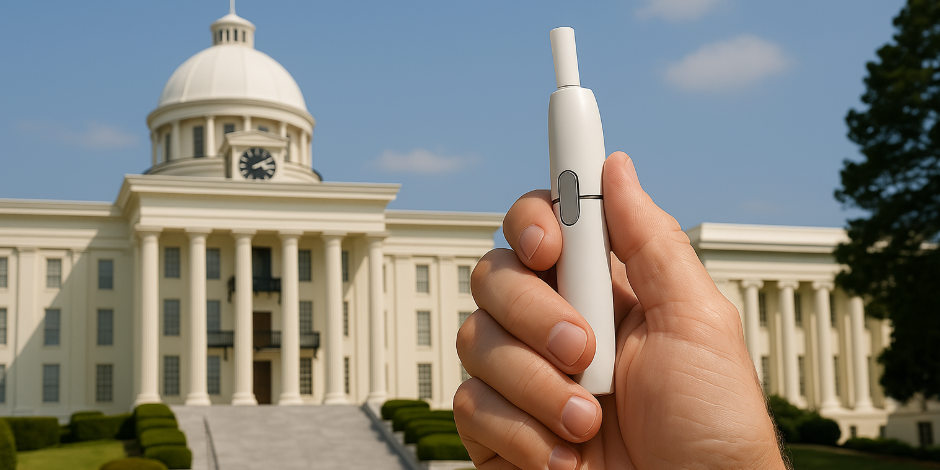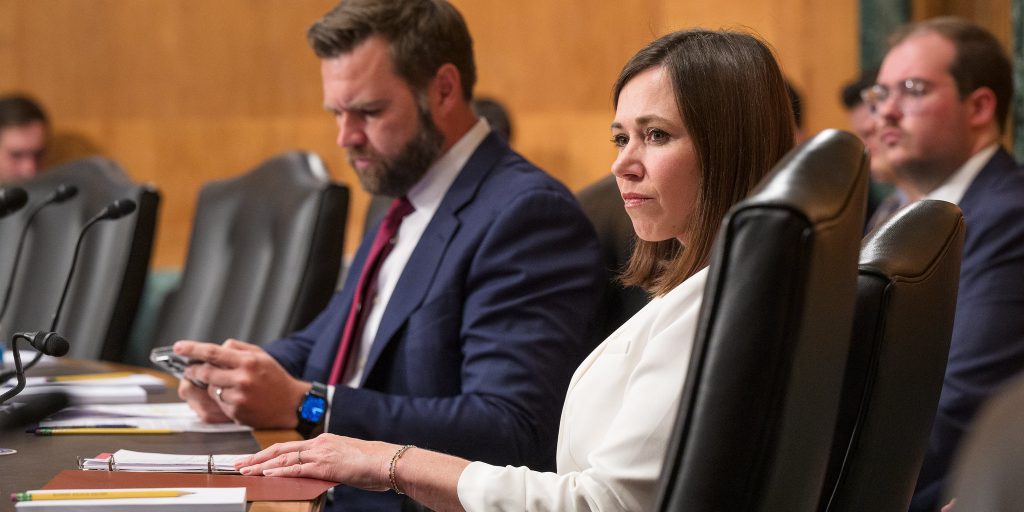During the course of every legislative session, lawmakers in Alabama have opportunities to make clear statements about taxation. This year, lawmakers have an opportunity to make a statement about taxes and public health by passing H.B. 357.
This legislation would establish a new tax category for heated tobacco products (HTPs) and tax them at a lower rate than traditional cigarettes—which are still the leading cause of preventable death and disease in the nation.
Passing this bill would recognize the importance of tobacco harm reduction by providing a financial incentive for switching to less harmful smoke-free alternatives, and help more Alabamans leave cigarettes behind.
The evidence of harm and health risks associated with cigarettes has been understood since 1964.
The U.S. Food and Drug Administration (FDA) has noted that nicotine is most harmful when delivered through smoke particles from traditional cigarettes and that it is the “toxic mix of chemicals” in that smoke—not nicotine—that “cause the serious health effects among those who use tobacco products,” including fatal lung diseases like chronic obstructive pulmonary disease (COPD) and cancer.
According to the American Lung Association, there are roughly 600 ingredients in an average cigarette that, when burned, create more than 7,000 chemicals, nearly 70 of which are known to cause cancer.
Not only that, but cigarette smoking is directly linked to higher rates of cardiovascular and respiratory diseases as well as a range of other health risks. As more adults who smoke turn to HTPs and other smoke-free alternatives to help reduce these risks, public policy should reflect the important role these products can play in reducing smoking rates and protecting public health.
I saw first hand the devastation of combustible cigarettes. My father smoked three and half packs of cigarettes a day for more than 20 years. It was an awful life for him and the entire family.
He had triple bypass surgery at age 40 and died at age 63. I am convinced that his life span could have been greatly increased if he had access to HTPs and other options.
Federal government regulations have stymied the growth of a more robust market of smoke-free alternatives such as HTPs. However, around the world, millions of adults have successfully used HTPs to transition away from more toxic, traditional cigarettes and to these less harmful products.
With the FDA moving slowly but surely to begin authorizing HTPs in the U.S., lawmakers should work to provide the right tax structure that will help encourage more Americans to leave smoking behind for good.
HTPs work differently than cigarettes. Instead of burning, HTPs heat a small amount of tobacco up to just below the point of combustion, delivering the flavor and nicotine that adults who smoke are used to without any actual smoke, or its harmful side effects.
According to a 2022 study, there is “evidence that heated tobacco users have lower exposure to toxicants/carcinogens than cigarette smokers.”
Public policy that differentiates between tobacco products and recognizes their potential to reduce risks and harm associated with smoking cigarettes is a worthwhile endeavor for lawmakers from Montgomery to Washington, D.C.
Not only that, but Alabama would be following the lead of other states that have taken steps to distinguish HTPs as a distinct product separate from—or at least to tax them at a lower rate than—tobacco products, such as Virginia and Mississippi.
Taxpayers, consumers and public health would all benefit from H.B. 357 or any similar legislation that helps incentivize more adults who smoke to quit cigarettes and transition to less harmful alternatives. Hopefully, lawmakers can work together to pass such policies without delay.
It may be too late for my father, but it isn’t too late for smokers in Alabama. Passing H.B. 357 sends a strong signal that lives can be saved through a commonsense tax adjustment.
David Williams is the president of the Taxpayers Protection Alliance.













